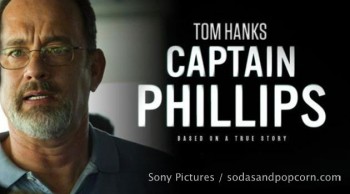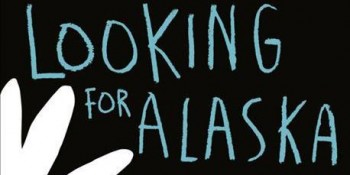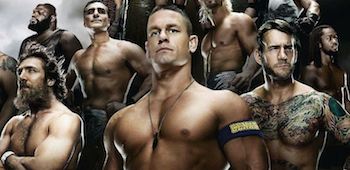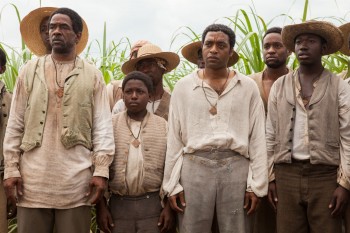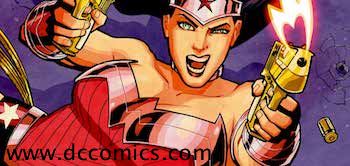If you asked three people to tell the same story, chances are you would hear three different versions of the same event. Each would be tinted a different shade by the assumptions and preconceptions of the narrator.
The director of a movie based on real-life events is handicapped by those same storytelling challenges. By being on a worldwide stage, though, the director has a responsibility to expand the camera’s perspective beyond individual biases, to tell as complete a story as possible.
Captain Phillips is director Paul Greengrass’s recounting of the MV Maersk Alabama hijacking. Greengrass, with the help of extraordinary acting, deftly weaves a narrative from the viewpoint of the American crew of the freighter, while honoring the story of the Somali pirates who took over the ship, and he does it in a way that reminds us even the “bad guys” are the heroes of their own stories.
In April 2009, the Maersk Alabama was supposed to be on a simple business trip passing around the Horn of Africa. The vessel, which contained tons of valuable cargo, was targeted by a group of young Somali pirates. The story of what transpired was told from Captain Richard Phillips’s perspective in his 2010 book A Captain’s Duty, and was adapted for the silver screen by Billy Ray.
In the film, which is nominated for Best Picture at the 86th Academy Awards, Phillips is portrayed by Tom Hanks and is shown as a man prepared for this harrowing situation. Using experience acquired over 30 years, the captain does whatever is necessary to keep his crew safe from harm.
The inclination for American audiences is, of course, to root for the safe passage of the American crew. A lesser movie would demonize the pirates, stripping them of all humanity and denying the viewer any reason to empathize with their plight. Instead, the backstory and motives of the Somalis are brought to life by some excellent actors, new to Hollywood, and with incredible stories of their own.
Acting across from Hanks is Barkhad Abdi, playing the role of Muse. Muse is a young man who aspires for more than Somalia can offer. With the Maersk Alabama in the pirates’ possession, Muse stood to gain much. He believed he would be able to ransom the ship for enough money to allow him to move away to America and begin a new life.
Abdi brings much to the character of Muse. A Somali himself, Abdi left his native country at seven years old, eventually reaching the United States. His is an all-too-rare success story from that troubled nation, having now been nominated for an Academy Award in his first major film role.
Abdi rises to the unenviable task of holding his own on-screen with Hanks. Their characters engage in an intriguing game of chess. The captain offers Muse and his crew thousands of dollars in cash to leave the ship alone. Muse sees through the play, knowing that the a ship the size of the Maersk Alabama can yield a much higher payout, and counters by refusing the deal. Phillips sets a plan in motion that puts his side in control, but the Somalis soon trick the crew and take the captain hostage on a lifeboat.
As the U.S. Navy mobilizes to free Phillips, the captain continues to negotiate with his captors on the lifeboat. He learns much about his captors and even seems hopeful he can change their minds before any blood is shed. This is where the director and actors truly excel at giving voice to the pirates’ story.
No one is going to argue the virtues of piracy, even if Johnny Depp makes it look so drunkenly hilarious. But what Captain Phillips does so well is portray the pirates as men on a mission — and for them, it is a righteous mission. The movie shows that the pirates themselves were victims of the horrid situation in Somalia. One pirate in particular has been swept up in the tide of a hopeless life that has led him here, where his innocence and kindness lead him to the verge of forging a friendship with the American captain.
The problem with the cinematic successes of the movie up to this point is that it makes the viewer wish for a peaceful resolution. A part of me hoped to see the pirates make it home with their ransom, raising the standard of living of their native land and saving Somalia from the pits of post-colonial hell. Of course, that didn’t happen, and Somalia is still considered among the most failed states in the world.
That reality made the conclusion of the film difficult to watch. The United States was right, of course, to pursue the safe return of its citizens. But the juxtaposition of the overwhelming firepower of the U.S. Navy with the desperation of four men armed with guns brings into relief the imbalance of power and wealth across the globe. The outcome of the conflict also raises important questions about what constitutes a proportional response in such a situation.
Captain Phillips is a beautiful tale from the perspective of Phillips himself. Hanks’s acting ability alone elevates the movie into Best Picture territory. He portrays Phillips as a crafty sea veteran who was prepared to handle an impossible situation. At the end of the movie, Hanks gives another career-defining performance in a scene wrought with pain. Hanks, even without an Oscar nomination this time, again establishes why he is one of the great actors of all-time.
Phillips’s thoughts are also never far from his family, which is a poignant reminder of the flip side of the story. The movie is a tragedy for the four pirates involved. If you are like me, you may find yourself questioning the decisions of the U.S. Navy and lamenting the way the real-life events played out for the Somali men.
Ultimately, this is a film with a rich depth of perspective, challenging the viewer to consider his or her own unconscious biases. Captain Phillips artfully demonstrates the principle that both sides can simultaneously be fighting the good fight, even while employing tactics that may betray those principles.
